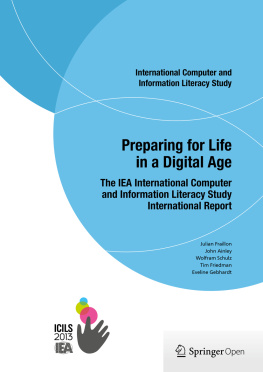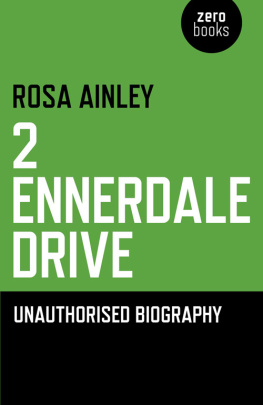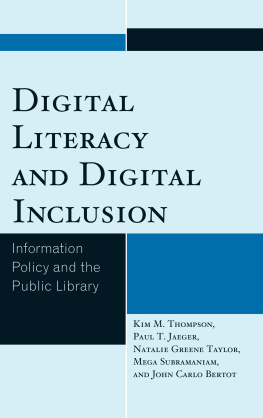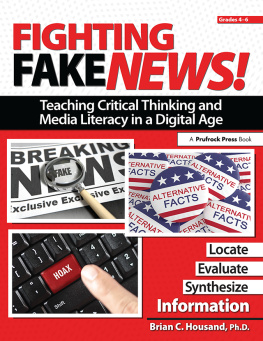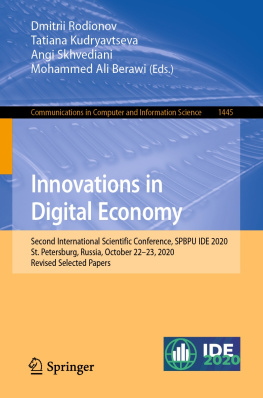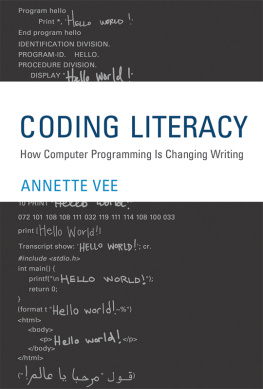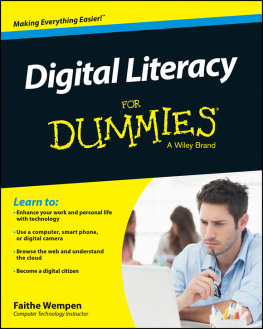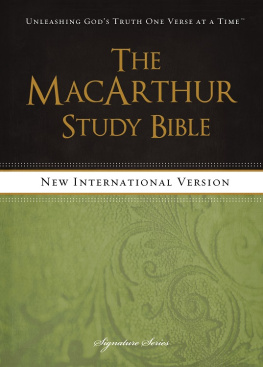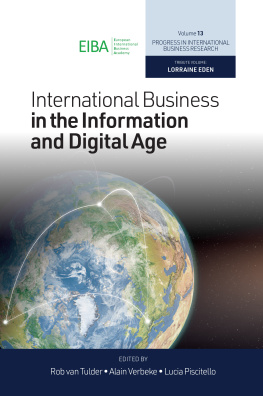About the study
The International Computer and Information Literacy Study (ICILS) studied the extent to which young people have developed computer and information literacy (CIL) to support their capacity to participate in the digital age. Computer and information literacy is defined as an individuals ability to use computers to investigate, create, and communicate in order to participate effectively at home, at school, in the workplace, and in society (Fraillon, Schulz, & Ainley, , p. 17).
ICILS is a response to the increasing use of information and communication technology (ICT) in modern society and the need for citizens to develop relevant skills in order to participate effectively in the digital age. It also addresses the necessity for policymakers and education systems to have a better understanding of the contexts and outcomes of CIL-related education programs in their countries. ICILS is the first crossnational study commissioned by the International Association for the Evaluation of Educational Achievement (IEA) to collect student achievement data on computer.
ICILS used purpose-designed software for the computer-based student assessment and questionnaire. These instruments were administered primarily by way of USB drives attached to school computers. Although the software could have been delivered via internet, the USB delivery ensured a uniform assessment environment for students regardless of the quality of internet connections in participating schools. Data were either uploaded to a server or delivered to the ICILS research center in that country.
ICILS systematically investigated differences among the participating countries in CIL outcomes and how participating countries were providing CIL-related education. The ICILS team also explored differences within and across countries with respect to relationships between CIL education outcomes and student characteristics and school contexts.
ICILS was based around four research questions focused on the following:
Variations in CIL within and across countries;
Aspects of schools, education systems, and teaching associated with student achievement in CIL;
The extent to which students access to, familiarity with, and self-reported proficiency in using computers is associated with student achievement in CIL; and
Aspects of students personal and social backgrounds associated with CIL.
The publication presenting the ICILS assessment framework (Fraillon et al., ) describes the development of these questions. The publication also provides more details relating to the questions and outlines the variables necessary for analyses pertaining to them.
Data
ICILS gathered data from almost 60,000 Grade 8 (or equivalent) students in more than 3,300 schools from 21 countries or education systems within countries. These student data were augmented by data from almost 35,000 teachers in those schools and by contextual data collected from school ICT-coordinators, school principals, and the ICILS national research centers.
The main ICILS survey took place in the 21 participating countries between February and December 2013. The survey was carried out in countries with a Northern Hemisphere school calendar between February and June 2013 and in those with a Southern Hemisphere school calendar between October and December 2013.
Students completed a computer-based test of CIL that consisted of questions and tasks presented in four 30-minute modules. Each student completed two modules randomly allocated from the set of four so that the total assessment time for each student was one hour.
After completing the two test modules, students answered (again on computer) a 30-minute international student questionnaire. It included questions relating to students background characteristics, their experience and use of computers and ICT to complete a range of different tasks in school and out of school, and their attitudes toward using computers and ICT.
The three instruments designed to gather information from and about teachers and schools could be completed on computer (over the internet) or on paper. These instruments were:
A 30-minute teacher questionnaire: This asked teachers several basic background questions followed by questions relating to teachers reported use of ICT in teaching, their attitudes about the use of ICT in teaching, and their participation in professional learning activities relating to pedagogical use of ICT.
A 10-minute ICT-coordinator questionnaire: This asked ICT-coordinators about the resources available in the school to support the use of ICT in teaching and learning. The questionnaire addressed both technological (e.g., infrastructure, hardware, and software) as well as pedagogical support (such as through professional learning).
A 10-minute principal questionnaire: This instrument asked school principals to provide information about school characteristics as well as school approaches to providing CIL-related teaching and incorporating ICT in teaching and learning.
ICILS national research coordinators (NRCs) coordinated information procured from national experts via an online national contexts survey. Experts included education ministry or departmental staff, relevant nongovernmental organizations, specialist organizations concerned with educational technologies, and teacher associations. The information sought concerned the structure of the respective countrys education system, plans and policies for using ICT in education, ICT and student learning at lower-secondary level, ICT and teacher development, and ICT-based learning and administrative management systems.

